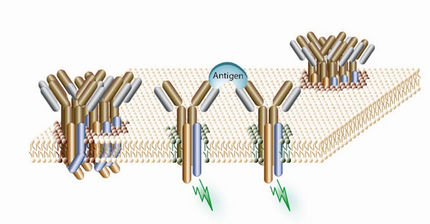Singapore scientists join international study of 10,000 vertebrates' genomes
Advertisement
The Singapore laboratory that deciphered the DNA codes, or genomes, of the famed fugu (or pufferfish) and elephant shark, has joined The Genome 10K Project, an international effort to build an invaluable repository of DNA sequences on 10,000 species of animals for conducting comparative studies on a scale that currently can not be achieved.
Participating in The Genome 10K project, described in a paper published in the Journal of Heredity, are 70 leading scientists at major zoos, museums, research centres and universities in North and South America, Europe, Australia as well as Asia. They will create a collection of tissue and DNA samples and then sequence and analyze the animals' genomes to reveal the complete genetic heritage of the 10,000 species.
The results will enable scientists worldwide to understand the genetic basis of adaptive changes that occur in vertebrates and predict how animals respond to climate change, pollution, emerging diseases and competition. In addition to aiding conservation efforts, this data will enable researchers to compare animal and human genomes, and reconstruct the evolutionary history of the human and other vertebrate genomes.
"The most challenging intellectual problem in biology for this century will be the reconstruction of our biological past so we can understand how complex organisms such as ourselves evolved," said Nobel Laureate Sydney Brenner, M.D., who co-heads Singapore's Institute of Molecular and Cell Biology (IMCB) comparative genomics laboratory, which will participate in The Genome 10 K Project.
"Genomes contain information from the past – they are molecular fossils – and having sequences from vertebrates will be an essential source of rich information," added Dr. Brenner, who also is Scientific Advisor to the Chairman of Singapore's A*STAR (Agency for Science, Technology and Research), which oversees 14 biomedical sciences, and physical sciences and engineering research institutes, and seven consortia and centres at Biopolis and Fusionopolis, as well as their immediate vicinity.























































